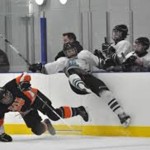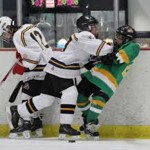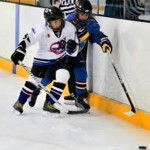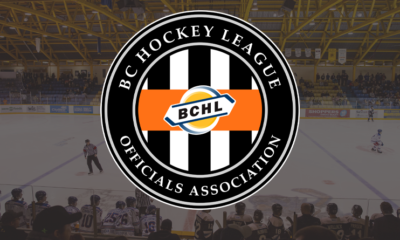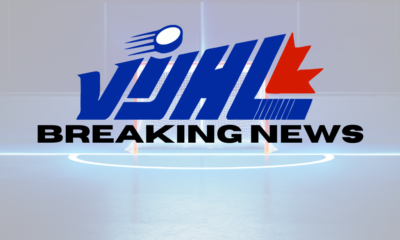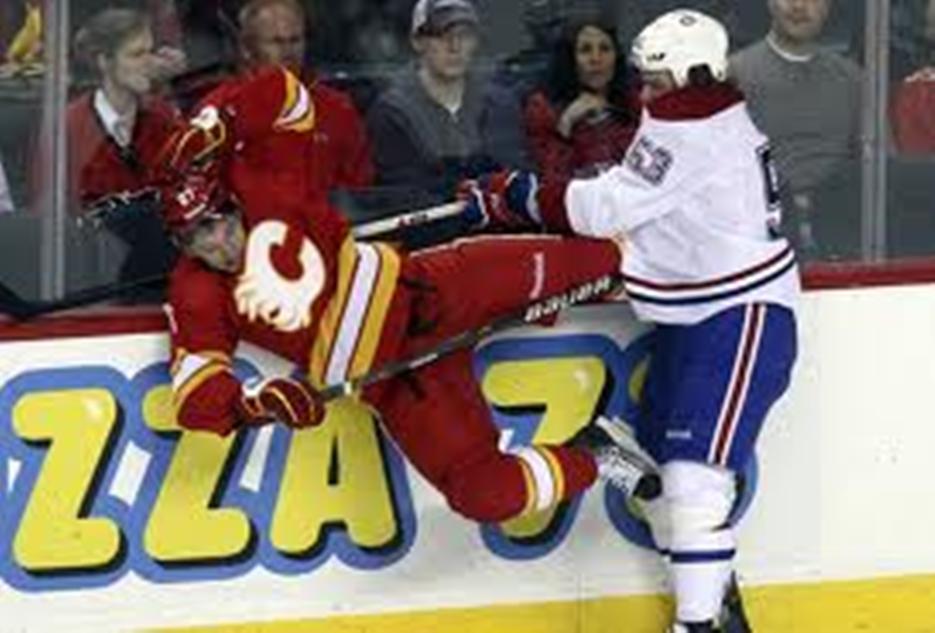
Say what you want, the game has changed and not necessarily for the better and a big part of it, is due to the physical style we now play in Canada.
Sure we have always had body checking and were taught at a young age, but we were taught how to do it correct, but mostly we respected our fellow player.
Games were hard hitting, fast paced, well maybe not as fast as today’s game, but it was still intense at all levels of the game.
Personally, I think the one area that has to be cleaned up is the sheer disrespect and overall abuse from player to player.
Some think this starts at the NHL level, while others think it’s caused all due to spring/summer hockey as this is where non-sanctioned games are played and those running the events are only in it for the money.
Simply put this is true and they really don’t care if you son has talent, they are there for the money and this will never change.
Well now something might just happen as Ontario is looking at banning Body Checking in “A” hockey for the better of everyone. This article was just released and is a good read, so give it some thought and let me know in the comments area of the site what you think?
Depending upon how you look at it, the Greater Toronto Hockey League is on the verge of becoming either an outlier or a pioneer.
It could become one of the first jurisdictions to have its older kids to play at a competitive level without bodychecking, even if it means they won’t be able to compete in tournaments and championships at the provincial level.
The GTHL, which is home to some 40,000 players and bills itself as the largest minor hockey association in the world, intends to put a vote to its membership a rule change that would take bodychecking out of all age groups at the ‘A’ level.
Presently, bodychecking is not allowed at any competitive level below bantam (12 years old and under) or at any age level in house league competition under Hockey Canada’s rules.
But this rule would take bodychecking out of the game at all age levels, including the bantam and midget levels, for all ‘A’ leagues.
That level of hockey is basically the lowest level of competitive hockey in Ontario, one notch below ‘AA’ and two beneath ‘AAA’, which is the highest level of competitive hockey in the province.
There is also house league and select hockey in the non-competitive stream.
The GTHL conducted a survey of parents last season and 60 percent of parents supported removing bodychecking at the ‘A’ level.
A vote was conducted on the matter last year and was defeated, largely because it was not known whether the Ontario Hockey Federation (OHF) would allow non-checking GTHL teams to participate in tournaments or championships with checking teams.
The OHF has since ruled non-checking teams would not be allowed to participate in tournaments put on by checking teams, but the GTHL could still host its own tournaments and invite checking teams, under the proviso that they play under non-checking rules in the tournament.
That means ‘A’ teams in the GTHL will not be able to play for provincial championships or go to out-of-town tournaments if this rule passes.
“Whether we’re considered outlaws or leaders depends on what perspective you’re taking,” said GTHL executive director Scott Oakman. “Parents want an option for their kids to play competitive hockey that doesn’t have bodychecking.
It’s not a skill they’re going to need the rest of their lives and the overwhelming majority of players, if not all the players, will play only recreationally the rest of their lives.”
And Oakman is right on that count. Unfortunately, if you’re not playing at the highest competitive level of the game by the time you’re 14, your future in the game has pretty much been decided.
There are exceptions, former NHLer Glen Metropolit comes to mind, but they are indeed very few and very far between. And if hitting is a skill they’re never going to need anyway, why have it in the game?
The debate over bodychecking in hockey has good points on both sides, with one of them being that it’s a skill that is as vital to the game as skating, shooting and scoring.
But it’s not a skill the players will need at the levels to which they’re aspiring.
If a kid has only a men’s league career ahead of him, and the vast, vast majority of players do regardless of the level they play as youngsters, they’ll need to be able to shoot and skate and score, but they won’t be bodychecking.
(Anecdotally speaking as the coach of my son’s midget house league team, I see a good number of kids in our league who have the skills to play ‘A’ or ‘AA’ hockey, but play house league because they don’t want a hockey injury to keep them from pursuing other interests.)
Oakman said his organization’s research indicates that the incidence of injury is three-to-four times higher in divisions that have bodychecking over those that don’t.
As it stands, the motion will see bodychecking eliminated progressively, starting with minor bantam (13 years old) next season, then include bantam (14 years old) in 2016-17.
Each passing year would include minor midget (15 years old), midget (16 years old) and midget-junior (17 years old).
The vote will take place at the GTHL’s annual general meeting in March.
The GTHL has 107 teams in those divisions this season, meaning the ruling would ultimately impact somewhere in the range of 1,600 kids.
The question will now be whether other organizations in Ontario and around the country follow suit and eliminate bodychecking in future years.
Part of the problem in terms of imposing this Canada-wide is the competitive levels from province to province are defined differently.
Hockey Canada goes more by age groups than competitive levels and in fact, there are some branches in Canada that have bodychecking in house league at the bantam and midget levels.
“We have some time to persuade (other leagues) that they should be revisiting that provision,” Oakman said.
“The feedback we’re getting from the camp that would like bodychecking eliminated that they’re prepared to develop their own tournaments and events without bodychecking and not worry what the Ontario Hockey Federation is offering.”

LIVE NOW!
About Sportswave
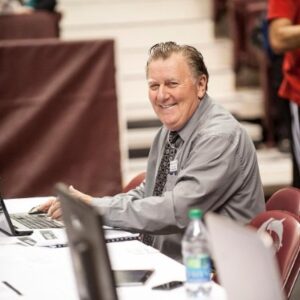
CITY OF DELTA

EASTLINK TV

SICAMOUS HOUSEBOATS

X-Treme Threads
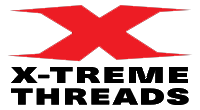
YareTV

